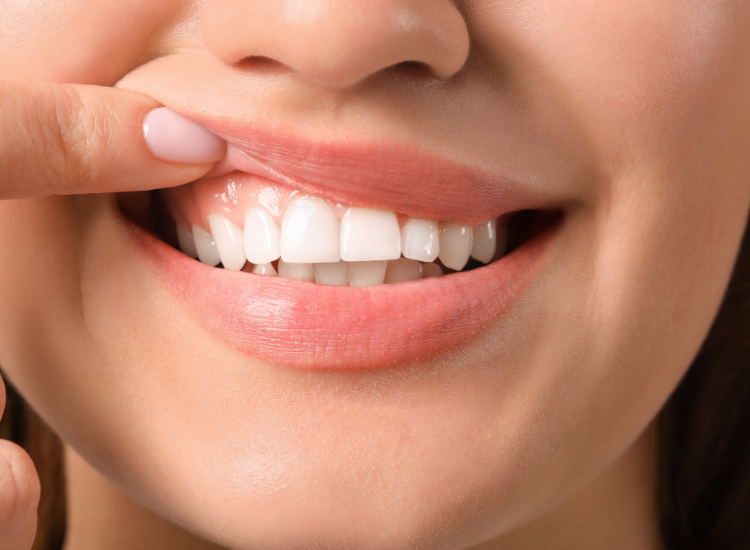Dental Care for Seniors
Ageless Smiles: Specialized Dental Care for Seniors in Colorado Springs
As we age, maintaining good oral health becomes increasingly important for overall well-being. Seniors face unique dental challenges, including decay, gum disease, dry mouth, and tooth loss. We specialize in addressing the unique dental needs of seniors to ensure ageless smiles. We’ll explore the importance of dental care for seniors, discuss common dental issues, and highlight why Kissing Camels Family Dentistry is the best dentist in Colorado Springs for senior dental care.
Importance of Dental Care for Seniors
Maintaining good oral health is essential for seniors to enjoy a high quality of life. Healthy teeth and gums contribute to proper nutrition, speech clarity, and social confidence. Additionally, poor oral health has been linked to various systemic conditions such as heart disease, diabetes, and pneumonia. Regular dental check-ups and preventive care can help seniors maintain their oral health and overall well-being.
Common Dental Issues in Seniors
Seniors often experience dental issues due to age, medications, and health conditions. Some of the most common dental issues experienced by seniors include:
- Tooth decay and cavities: Receding gums and reduced saliva production can increase the risk of tooth decay in seniors.
- Gum disease: Gingivitis and periodontitis are common among seniors, potentially causing gum inflammation and tooth loss if untreated.
- Dry mouth: Seniors’ medications can lead to dry mouth, raising the risk of decay and infections.
- Tooth loss: Tooth loss in seniors can impact chewing and speech due to decay, gum disease, or trauma.
Specialized Dental Care for Seniors
We provide specialized dental care tailored to seniors’ unique needs at Kissing Camels Family Dentistry. Our comprehensive senior dental services include:
- Regular dental exams and cleanings to monitor oral health and detect any issues early.
- Treatment for gum disease, including deep cleanings and periodontal therapy, to restore gum health and prevent tooth loss.
- Restorative dentistry procedures such as dental implants, bridges, and dentures to replace missing teeth and restore function and aesthetics.
- Oral health education and personalized hygiene instructions to help seniors maintain optimal oral hygiene habits at home.
- Collaboration with other healthcare professionals to address any underlying medical conditions that may impact oral health.
Why Choose Kissing Camels Family Dentistry for Senior Dental Care
- Experienced and Compassionate Team: Our team at Kissing Camels Family Dentistry has extensive experience in providing dental care for seniors. We understand the unique needs and concerns of older adults and approach each patient with compassion and respect.
- State-of-the-Art Facilities: We offer the latest dental technology for a comfortable experience at Kissing Camels Family Dentistry. From digital X-rays to sedation dentistry options, we utilize advanced techniques to deliver exceptional care.
- Personalized Treatment Plans: We believe in personalized dentistry tailored to each patient’s specific needs and preferences. We’ll create a customized treatment plan to meet your needs at Kissing Camels Family Dentistry.
Contact Us
At Kissing Camels Family Dentistry, we are committed to helping seniors achieve and maintain healthy, ageless smiles. We specialize in senior dental care at Kissing Camels Family Dentistry in Colorado Springs. Our experienced team provides compassionate dental care for seniors in our community. Schedule an appointment with us today and experience the difference our personalized approach can make in your oral health and overall well-being.




